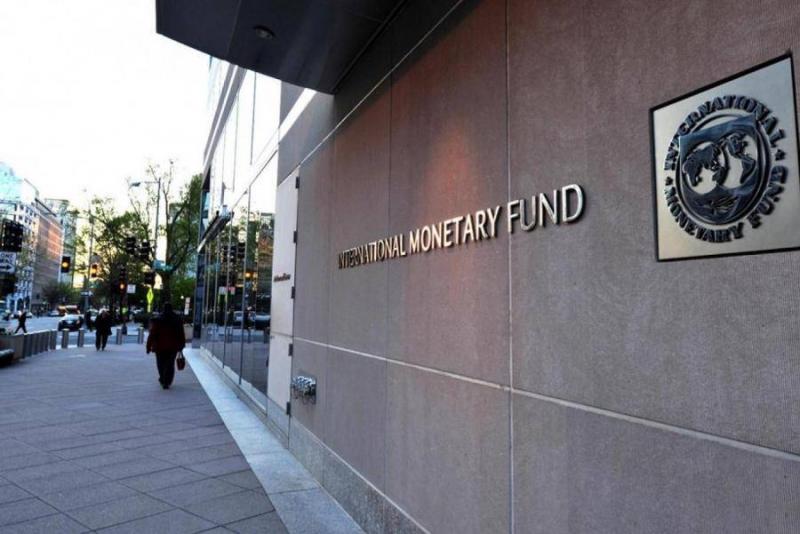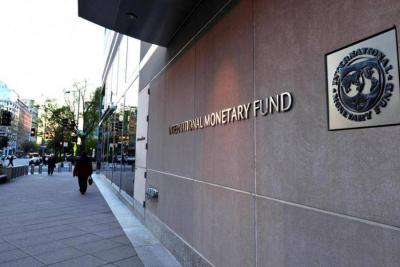The International Monetary Fund (IMF) stated yesterday, Wednesday, that Jordan needs to accelerate the pace of structural economic reforms to boost growth beyond the 2% to 3% range it averaged in recent years, in order for the country to provide more job opportunities to reduce rising unemployment rates.
Ron van Roden, an IMF official, explained to reporters that "with unemployment rates remaining high, especially among youth and women, structural reforms remain essential to achieve strong and inclusive growth and provide more job opportunities," noting that "there is a need to enhance growth to help create jobs to reduce the unemployment rate, which currently stands at about 22.9%."
He pointed out that "the forecast for growth of 2.6% this year remains insufficient to improve living standards in a country with a population of around 11 million, which experiences an annual population growth of about 2%."
The official, at the end of a visit by an IMF team for the sixth review of the country's program supported by the fund, stated that "Jordan is firmly on the right track, achieving all the key objectives of the program through sound monetary and fiscal policies. Despite the challenging global and regional conditions, Jordan has succeeded in maintaining macroeconomic stability."
He considered that "the macroeconomic stability in Jordan has helped it obtain better interest rates in capital markets compared to other countries when it issued international bonds worth $1.25 billion last month," adding: "Jordan is a success story because it has consistently implemented prudent macroeconomic, fiscal, and monetary policies."
Van Roden confirmed that "inflation is on track to decrease to 2.7% in 2023 compared to a previous forecast of 3.8% thanks to a tight monetary policy that helped curb global inflationary pressures." The IMF announced in a statement yesterday, Wednesday, that it reached a staff-level agreement with Jordan under the extended facility program.




